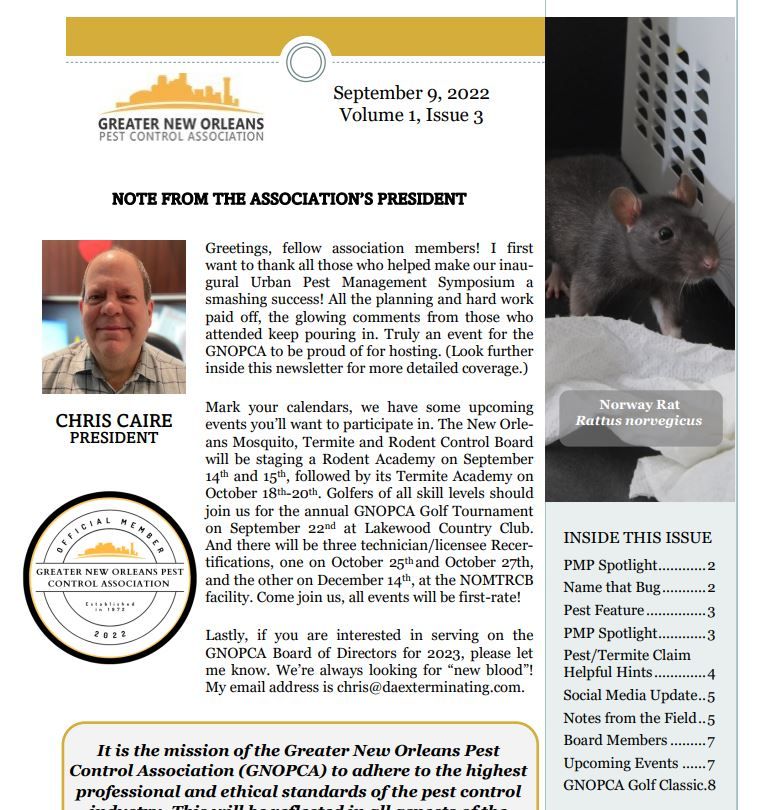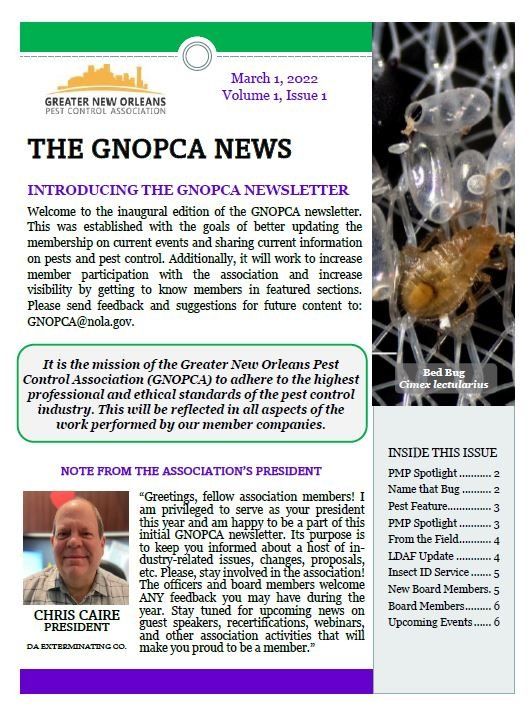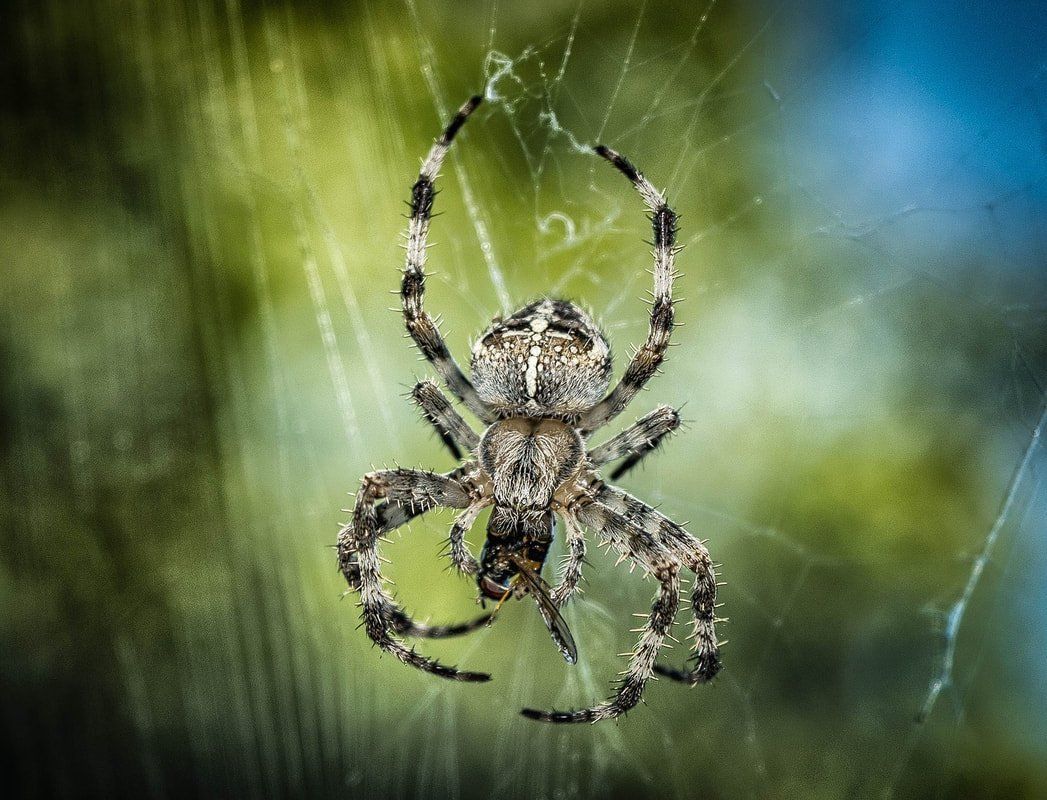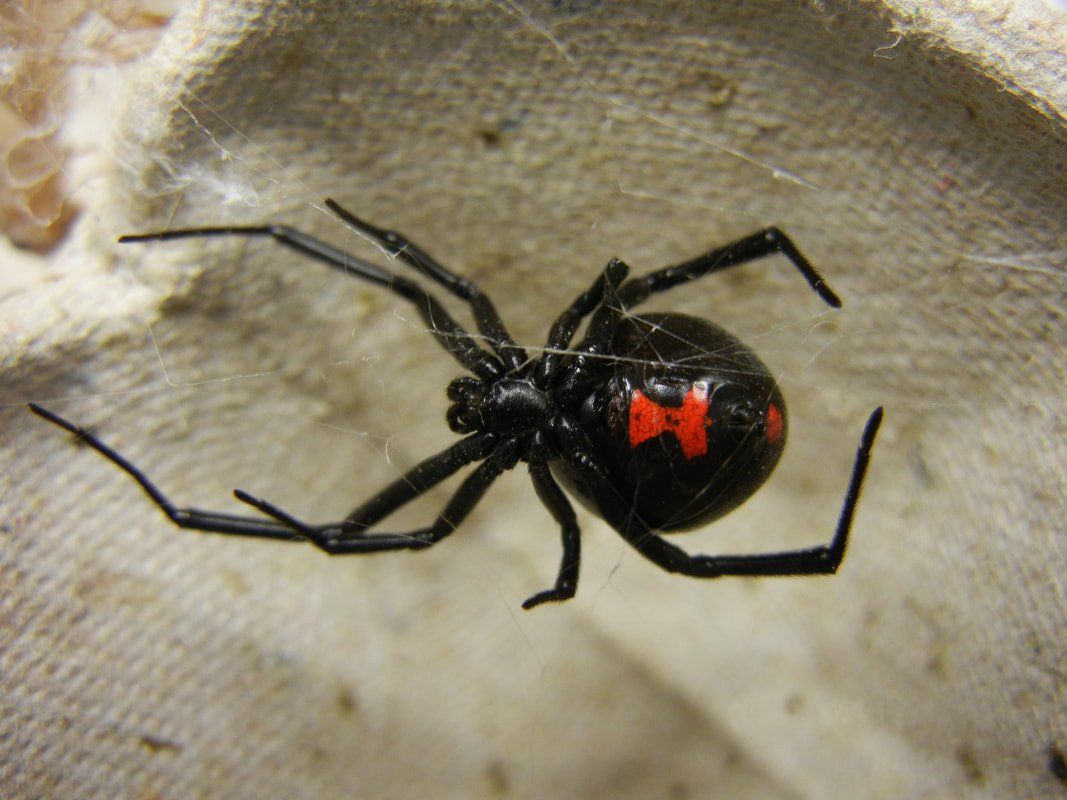DA Exterminating Co., Inc. | 4440 Wabash Street Metairie, LA 70001
📞(504) 888-4941
DA Exterminating Co. of St. Tammany, Inc. | 13433 Seymour Myers Blvd., Ste 2 Covington, LA 70433
DA Exterminating Co. of Houma, Inc. | 202 Enterprise Dr. Houma, LA 70360
Blog Layout
June 01st, 2017
Admin • May 31, 2017
As summer approaches, ants of all kinds become more active and may invade your kitchen in search of sweets and other goodies that they love. We’ve compiled some information here about ants that we hope you’ll find interesting. Watch our June 15 blog for a list of prevention tips to help keep them out of your home.
Ants are social insects that live in colonies which are usually located in the ground, but many enter buildings for shelter and food. Ants feed on practically every type of food, but those entering homes are looking for sweets and substances containing protein.
Inside of a typical ant colony you will find thousands of ants living together and performing their individual jobs like reproducing, construction, foraging for food or defending the nest from invaders. Inside the nest the queen or queens are responsible for the reproduction of the entire colony. Worker ants remove the eggs from the queen and tend to them until they are able to care for themselves.
Why should you care?
One of the interesting things about ants is that once they enter and find what they are looking for, they “tell” the rest of the colony and before long, you have an ant circus on your kitchen counter! So long as an appealing food source is present, more and more ants will eventually find their way into your home. Once inside, they are masters at finding other sources of sweets so they will quickly spread around your kitchen.
Ants may not threaten your home like termites, or be the same threat to you and your family as poisonous spiders, but they are a terrible nuisance that are not easily eradicated. Certain ants, like carpenter ants, do pose a problem to your home as they damage wood that they nest in. And of course, if you’ve ever happened onto a fire ant nest, you know the havoc they can cause with their stings.
What to do if you have an ant infestation.
Call DA Exterminating right away so we can stop the ants before they become a real problem. (After all, who wants Aunt Ethel to see ants on the counter when she visits!) Call 800-650-PEST!

By Lorenz Marsh
•
14 Jun, 2022
Always proud to be a member of PCT Magazine’s “Top 100” companies ( by annual revenue) in America. This is Ed, Jed and me accepting the award in Orlando the other night. Thanks to our wonderful DA team at all 3 DA branches and our loyal customers, it takes everyone to achieve success! (David Cherry, our longtime GM in Houma, left before we grabbed this photo…sorry David!) — Chris Caire, Jed, and Ed Reynolds.
By Admin
•
14 Dec, 2018
One noticeable change in the outdoors as winter approaches is the reduction of flying insects such as mosquitoes, flies, and bees.
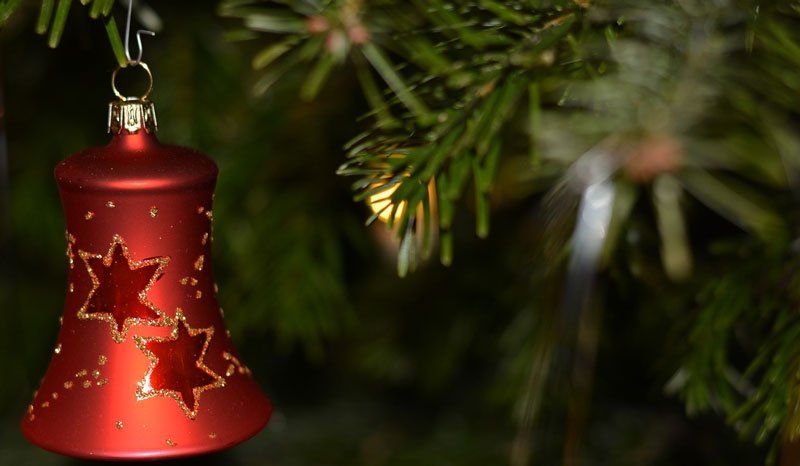
By Admin
•
06 Dec, 2018
When the holidays come to an end, it will be time to store the trees and decorations until Christmas 2019. Safeguard all of your favorite holiday decorations so they are free of pests while sitting in the attic, basement or other storage space until the holiday season comes around next year. Christmas decorations provide harborage and, in some cases, food for various kinds of pests, especially rodents. So we have assembled some decoration storage tips to prevent surprises next year when you open your decoration containers. to seal them in plastic containers if you must save these from 1) Dried berries, seeds and other natural materials are especially attractive to mice. The best idea is to seal them in plastic containers. Discard natural decorations after using each year including real gingerbread houses, candy canes and natural wreaths. 2) Cardboard can be a favorite nesting material for rodents, so don’t store artificial Christmas trees in cardboard; instead, use plastic sealable bags or containers. That goes for all other Christmas decorations. 3) Examine all decorations for any that are broken or that you won't use next year and discard them. 4) Wash linens and other fabrics and store in sealed plastic bags to prevent moisture. 5) Before loading containers into a garage, basement, attic or other storage area, examine them and clean thoroughly to remove any debris that may be harborage areas for mice. 6) Store holiday candles separately. The scent from a candle can attract unwanted guests. Placing the candles in an area that is not exposed to extreme heat (e.g., attics or sheds) will resolve this problem. Wrap candles in plastic to prevent them from melting together or transferring color in warm conditions. If you follow these tips to properly pack and store your decorations, not only will you be more organized for Christmas 2019, but you will reduce the possibility of pests trying to share next year's holiday with you! To get more information on pest control services in New Orleans, contact the experts at DA Exterminating today by calling 800-650-PEST . Wishing you and your family a pest-free New Year!
By Admin
•
14 Nov, 2018
DA Exterminating is proud to present these easy pest prevention tips to keep pests from taking up residence in your New Orleans-area home.
By Admin
•
01 Nov, 2018
The time it takes to check your home before winter arrives will pay off in preventing pest problems. Here are five things you can do!
By Admin
•
17 Sep, 2018
t’s that time of year when certain pests seek a warm place to overwinter and this usually means YOUR HOME! We’ve assembled some tips to prevent these critters from moving in with you. Vacuuming is the best way to eliminate the insects once they are inside. Before the winter months approach, seal gaps around windows and doors, including garage doors. The best time for this is during the summer after pests have left their overwintering site, and before they come back for the next season. Look for areas where pipes and electrical or cable lines enter the building. Gaps around these areas should be sealed. Look for openings around soffits, eaves, attic fans, windows and vents in the attic used for ventilation. Many times these areas are not screened, allowing overwintering pests inside. Be sure screens on windows are in good repair and have no openings. Inspect chimneys. Be sure the damper is closed when not in use, and know that if you’re dealing with a wood-burning fireplace, lighting a fire may discourage the insects from using the chimney as an entry point. Tell customers that using “bug bombs” to treat the inside of a house can backfire — they may end up with dead insects still inside the walls, which then attract secondary pests, such as carpet beetles. Concerned about Fall Invaders? Call us today. 800-650-PEST .
Contact Information
DA Exterminating Co. of St. Tammany, Inc.
13433 Seymour Myers Blvd., Ste 2 Covington, LA 70433
All pictures, images and info contained in this website do not belong to any other parties other than Thryv and/ or DA Exterminating.
Content, including images, displayed on this website is protected by copyright laws. Downloading, republication, retransmission or reproduction of content on this website is strictly prohibited. Terms of Use
| Privacy Policy


